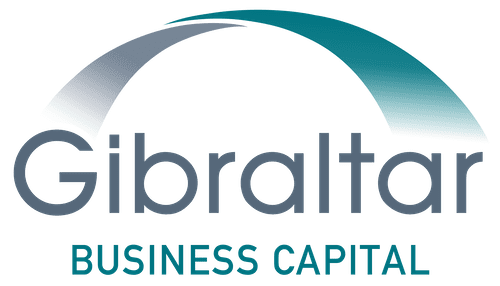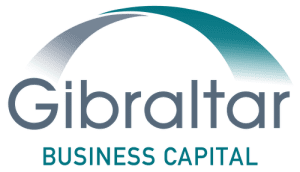In a recent client interview, Luke Blackwell, Chief Financial Officer of Horizon Mud Company, offered his perspective on asset-based lending and what CFOs need to know about it.
As a seasoned finance executive with experience in investment banking and equity analysis, Luke has found ABL to be helpful during upswings and periods of retraction. “If ABL is structured properly, it can be extremely responsive to business cycles, helping a company manage its debt effectively at all points in the cycle.”
Why do CFO’s need to give more attention to alternative lending?
Luke points to his own company’s changing situation to illustrate. “Usually bankers have very standardized options that may or may not meet the needs of your business. Alternative lenders work closely with a company to develop an individualized plan to address their situation.’”
Luke believes flexibility is a key benefit. Alternative lenders can provide funding to help a company achieve growth, but also “in a downturn, when you face a shrinking asset profile, they may have more options to offer than a typical bank lender.”
What do CFOs need to know about asset-based lending?
Once again, flexibility is key, explained Luke, and simplicity. “ABL is a relatively simple solution and I believe that’s one of its benefits. The more complicated something is, the more potential problems it can create.”
Another benefit is that ABL can provide growth financing that is potentially less expensive than other forms such as equity and mezzanine debt. Importantly, as the company grows, the credit facility can grow with it.
Alternatively, in a down cycle, ABL can be just as responsive and flexible.
“In a down cycle the credit facility can shrink, so you need to understand that too, “ said Luke. “This is actually a positive point. Anytime you’re adding debt, you’re taking on risk and you need to look at how that risk will play out. ABL gives you the maximum potential credit you’d want to borrow and you can’t ever borrow more than the business can justify. It comes with a level of prudence, a built-in set of checks and balances.”
To optimize a company’s usage of ABL, it’s important for a CFO to understand appraisals and asset valuations and how fluctuations can change the company’s liquidity profile.
How do you know when ABL is the right funding option for your organization?
Luke believes that ABL is a good funding option for companies that have assets that are valuable and generating a return. “Be honest with yourself. Don’t leverage assets that aren’t producing. Use the assets that are driving earnings to support a credit facility to grow your business.
“Also, create a strong, transparent relationship with your lender, because there is so much potential for responsiveness in this type of lending. You’re really working together, so an open dialogue works in your favor.”
What is most important when selecting a lender?
Given the importance of the relationship, Luke stressed the importance of choosing a lender who is willing to put real time and effort into understanding your business. He explained that you can get a sense of their level of understanding from the questions they ask and the proposal they create for your company.
He also recommended getting references from clients, especially those who have come through difficult times and worked through challenges with their lender.
“It’s important to find out who is going to be involved in managing your loan, too,” he said. “Access to the real decision makers is key. Are the people who bring you into the relationship going to be the ones that are with you all along the way, managing through the company’s ebbs and flows?”
Gibraltar’s experienced team members partner with clients to understand their unique business and capital needs. That level of understanding allows them to personalize lending in a way that other lenders can’t.


